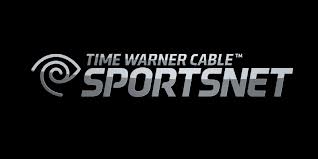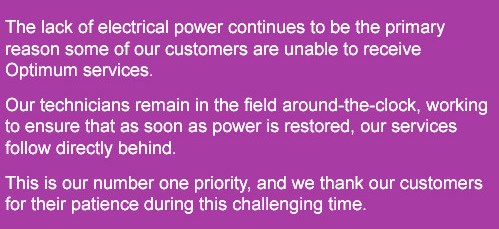 Time Warner Cable’s decision to spend $11 billion to broadcast Los Angeles Lakers and Dodgers games at an estimated cost of $50-60 a year per subscriber is the subject of a class action lawsuit from fed up customers.
Time Warner Cable’s decision to spend $11 billion to broadcast Los Angeles Lakers and Dodgers games at an estimated cost of $50-60 a year per subscriber is the subject of a class action lawsuit from fed up customers.
The plaintiffs are upset cable subscribers across Southern California will have to cover the cost of the 20-year deal with no option to opt-out of the sports channels because they are bundled into the most popular cable package.
The suit, filed this week in Superior Court alleges at least 60 percent of subscribers have no interest in the sports programming, but will collectively cover $6.6 billion of the deal and never watch a single game.
Time Warner Cable is also accused of forcing AT&T U-verse, Charter Cable, Cox Cable, DirecTV and Verizon FiOS to sign restrictive contracts that compel the companies to include the sports channels on the basic lineup.
Ironically, Time Warner Cable itself regularly complains about the increasing cost of programming and contract terms that force it to bundle expensive sports channels inside the basic tier instead of offering customers optional, added-cost sports programming packages.
Both sports teams are also named as defendants in the suit because they were aware that all subscribers would face rate increases as a result of the deal.
“TWC’s bundling results in Defendants making huge profits, much of which is extracted from unwilling consumers who have no opportunity to delete unwanted telecasts,” the complaint states.
The suit claims there is no legitimate reason Time Warner Cable and the sports teams could not have offered the new networks only to customers that wished to pay for them. The suit wants the bundling of the sports networks stopped and customers given refunds for the higher television bills that resulted.


 Subscribe
Subscribe A California federal judge has rejected a class action case against Comcast for allegedly hiding modem fees as high as $15 a month when signing up new customers.
A California federal judge has rejected a class action case against Comcast for allegedly hiding modem fees as high as $15 a month when signing up new customers. Judge Armstrong wrote that Diacakis should have come to court with evidence beyond the spoken promises of a handful of Comcast salespeople the plaintiff identified only by their first names. She was swayed by Comcast’s arguments:
Judge Armstrong wrote that Diacakis should have come to court with evidence beyond the spoken promises of a handful of Comcast salespeople the plaintiff identified only by their first names. She was swayed by Comcast’s arguments:



